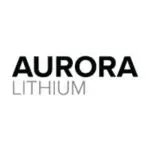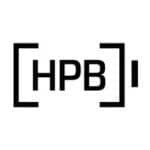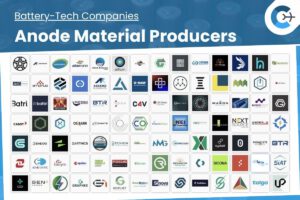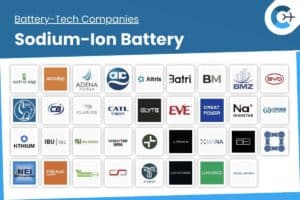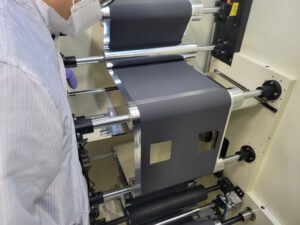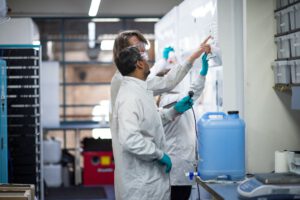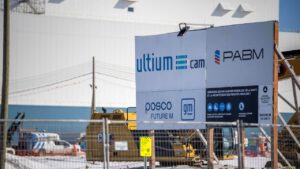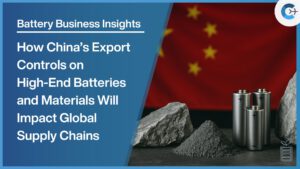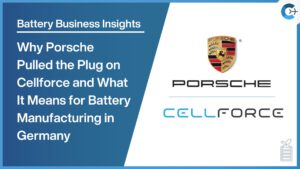Aurora Lithium focused on producing battery-grade lithium hydroxide, preferred for high-performance lithium-ion batteries used in electric vehicles and renewable energy storage due to its superior thermal stability and energy density. The company planned to use advanced conversion technologies powered by renewable energy, aligning with European sustainability goals to minimize carbon emissions and environmental impact. The production process was designed with circularity principles to ensure efficient resource use and waste minimization, aiming to establish a localized, sustainable lithium supply chain in Europe.
Aurora Lithium planned a lithium conversion plant with an initial annual production capacity of up to 35,000 tons of battery-grade lithium hydroxide. This production volume was intended to support the manufacturing of approximately 50 GWh of batteries annually, sufficient for powering around 700,000 electric vehicles.
The notable project was the planned lithium conversion plant in Setúbal, Portugal, with a €700 million investment expected to generate over 200 direct jobs and 3,000 indirect jobs. The plant was designed for commercial operation by 2026. However, due to Northvolt’s withdrawal in early 2024 because of financial issues, and Galp’s failure to find a new partner, the project was canceled in 2024. Galp continues lithium exploration with the Mina do Barroso Lithium Project in northern Portugal through another partnership.
Initially funded as a 50.0%/50.0% joint venture between Galp and Northvolt in 2021, the project sought €11M to €52M in European funding but failed to secure it. Northvolt ceased investing in early 2024 amid financial difficulties, including bankruptcy protection filings, and Galp’s search for new partners was unsuccessful. The project was canceled in November 2024, and there are no active investors remaining.

